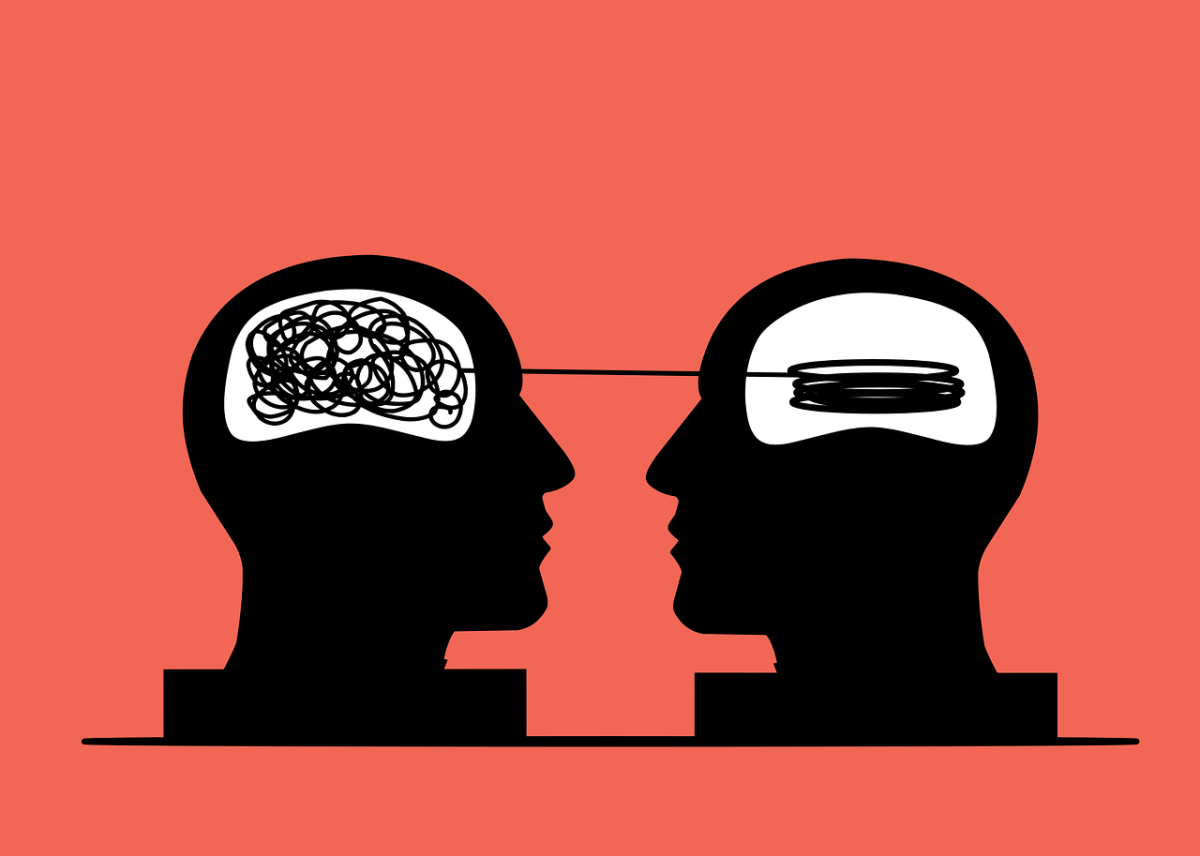More than ever before, college students are in need of easy access resources in order to help accommodate mental health issues.
According to the National College Health Assessment carried out by the American College Health Association in 2021, ¾ of college students have reported moderate or severe psychological distress. As the majority of college students reported to be struggling, colleges are seeing the need to improve their counseling centers to accommodate their students.
This mental health crisis starts with young people, specifically high schoolers who are reporting an increase in stress and depression which continues or even worsens in college.
Students at Fairfield Ludlowe High School (FLHS) who struggle with mental health utilize the services offered such as the counseling center, where there are many counselors that offer group therapy sessions, individual meetings, and just a place to go if you need to talk or if you’re feeling anxious. Kyra Nierman and Riley Malone, seniors at Ludlowe, reported that they use the FLHS counseling center when needing support and that these resources were beneficial.
Although it’s not a deciding factor, high school students are beginning to look into and ask about the counseling services that colleges offer. Ludlowe seniors Isie Poff, Devyn Farber, Riley Malone, and Kyra Nierman reported that they specifically were asking about and looking into “support services if you’re struggling with anxiety or depression.” (Isie Poff)
Due to the recent increase in awareness of mental health and decrease of surrounding stigma, colleges “are seeing the increase in the need to support students’ mental health,” according to Vanessa Montorsi, the Director of Pupil Services at Ludlowe.
Colleges are so aware of the increased need that according to the College & Career Center Coordinator at Ludlowe, Alexandra Herman, when college reps come to FLHS to promote their schools, they almost always mention their counseling centers. According to Montorsi, the counseling center is also now one of the facilities they highlight and programs that they address on college tours.
According to a survey carried out by Penn State University’s Center for Collegiate Mental Health, from 2009 to 2015 there was a 40% increase in students seeking help from counselors. This increase “has challenged institutions to think holistically and take a multifaceted approach to supporting students,” reported Kevin Shollenberger, the vice provost for student health and well-being at Johns Hopkins University.
Throughout the country, colleges are carrying out changes or improvements to their counseling centers, whether it’s more staff, increased availability and flexibility, included sessions, or other changes depending on the culture, context, location, and mission of the university, reports Jeffrey Labella, the Director of Counseling at Sacred Heart University.
Most colleges offer many different services to accommodate their students’ needs. Sacred Heart University, UCONN, and Santa Clara University are just a few examples out of many colleges nationwide that offer individual short term therapy, group therapy, crisis hours, and case management for their students.
Bigger schools, such as Santa Clara University, have a hard time accommodating all of their students as much as they need. They offer many services but can’t accommodate students needing long term or specialized therapy, so they have a social worker that can assist students in finding services not offered at school such as specialists and psychiatrists, ADHD or Autism assessments, medical services, or other forms of therapy.
This is universal for most schools; as much as they put into their centers, it’s not possible to help thousands and thousands of students. Sacred Heart University does have a nurse practitioner on staff that can prescribe medication to students, unlike Santa Clara, but they also have a case manager to help “get students connected with the community” in order to find resources for those “who are struggling with more chronic or severe conditions,” Labella stated.
According to Hadley Johanson, Administrative Associate in the counseling center at Santa Clara university, “counseling services as of Fall 2022 are free through the university” which is universal for most schools. Schools such as Penn State or Sacred Heart University charge a wellness or mental health fee which is included in all students’ tuition and helps fund the programs, which makes counseling much more visible and accessible for students.
Now, it’s easier than ever to find help if you’re struggling with mental illness. Counseling centers are becoming more and more accessible to everyone, but especially young people and college students.
Colleges are doing everything they can to make students aware of their services and the importance of getting help but “you can only help those who come to get the help.” (Montorsi)
According to Herman, “there’s always gonna be students that are reluctant to seek out the help” and schools can’t do anything as they can’t force it. Schools can just continue to do their best making their services accessible and encouraging students to end the stigma and not be ashamed to get help.







